Undertaking a medical internship in Africa offers a unique experience for students in medicine, nursing, or other health-related fields.
These internships not only allow participants to acquire concrete clinical skills but also to gain an understanding of the diversity and disparities within African healthcare systems.
An internship in Africa is a rich intercultural experience.
Working closely with local populations, sharing the daily life of colleagues, and discovering new cultural practices help students cultivate essential human qualities:
empathy, open-mindedness, and the ability to communicate across linguistic and cultural barriers.
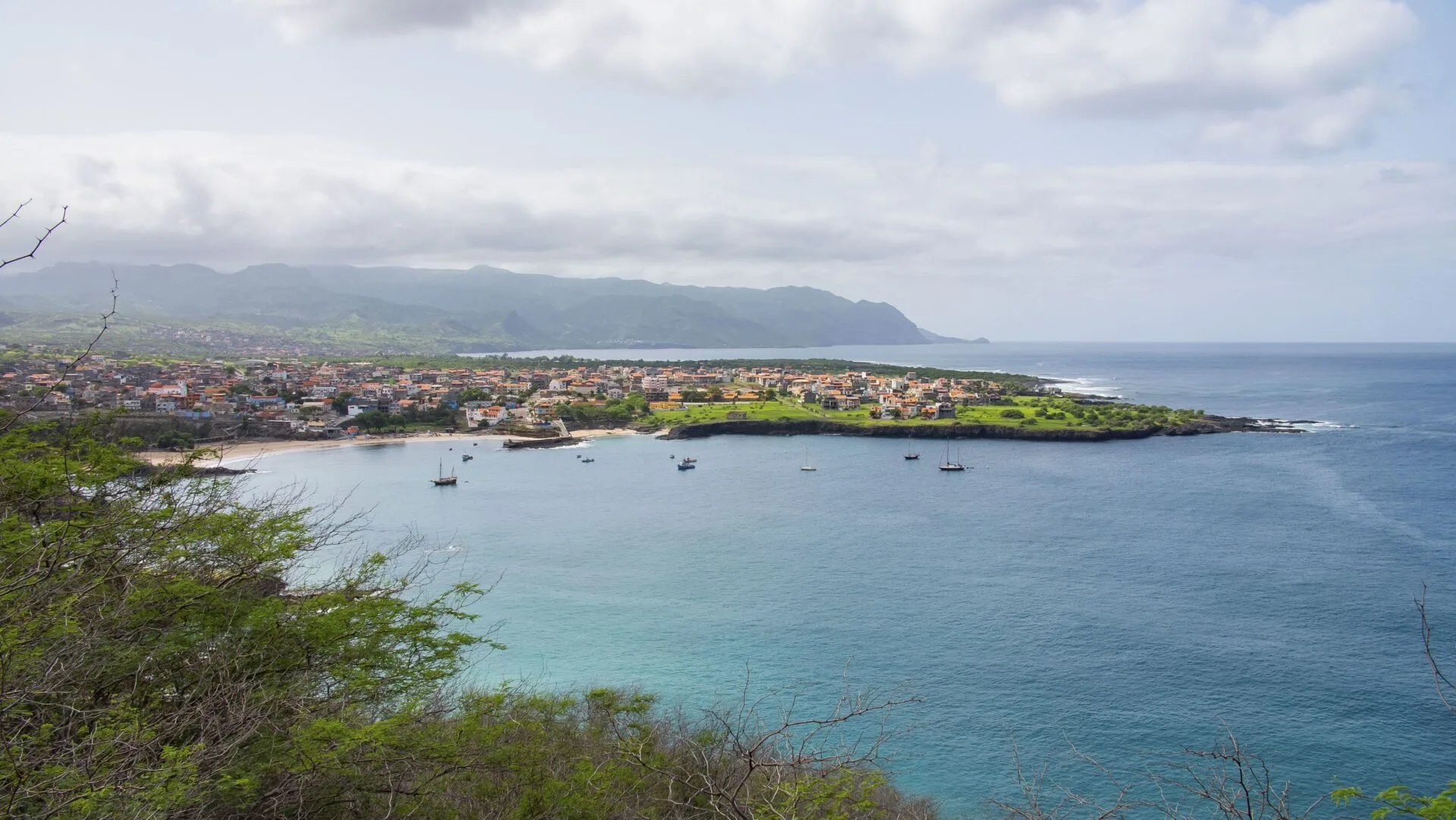
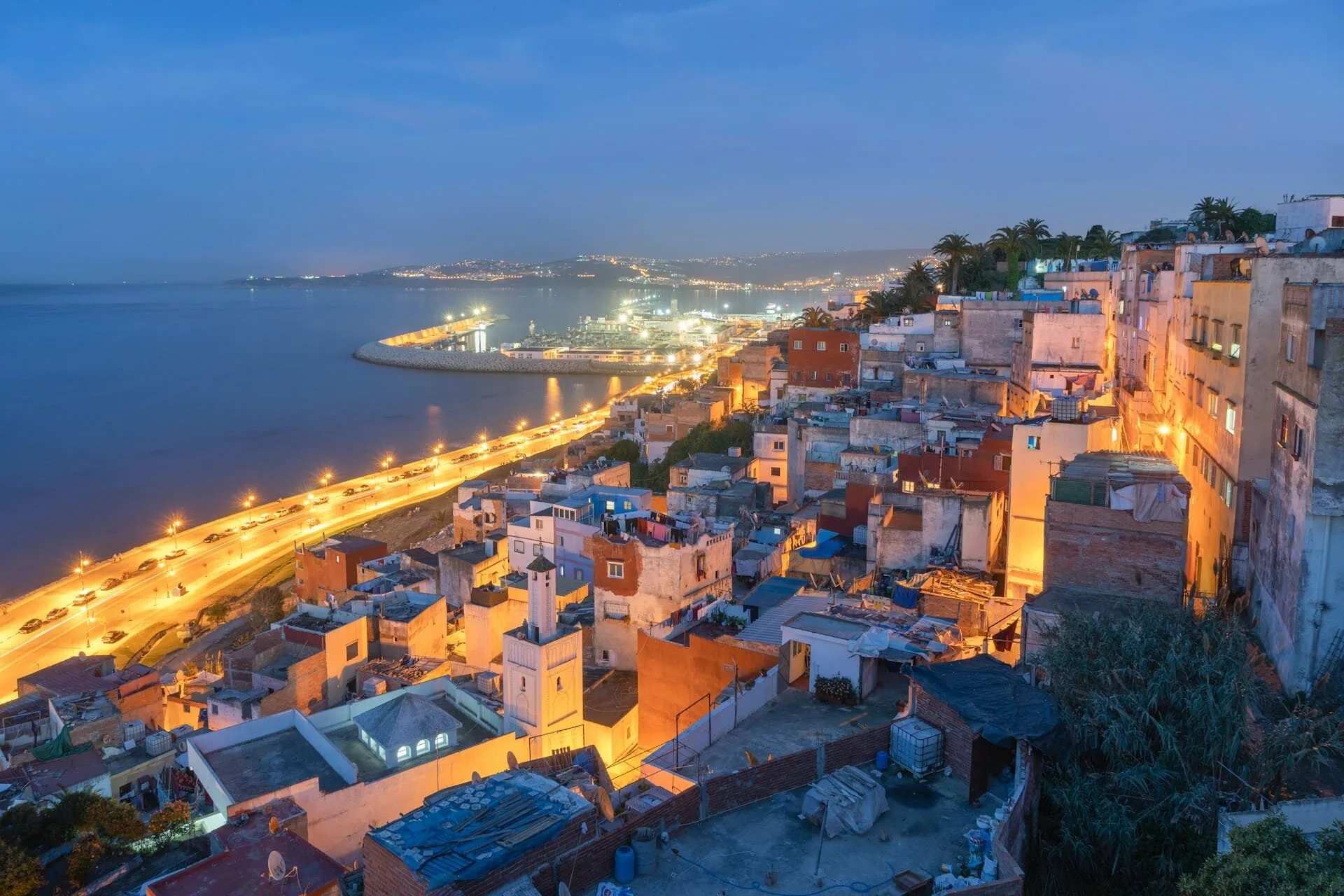




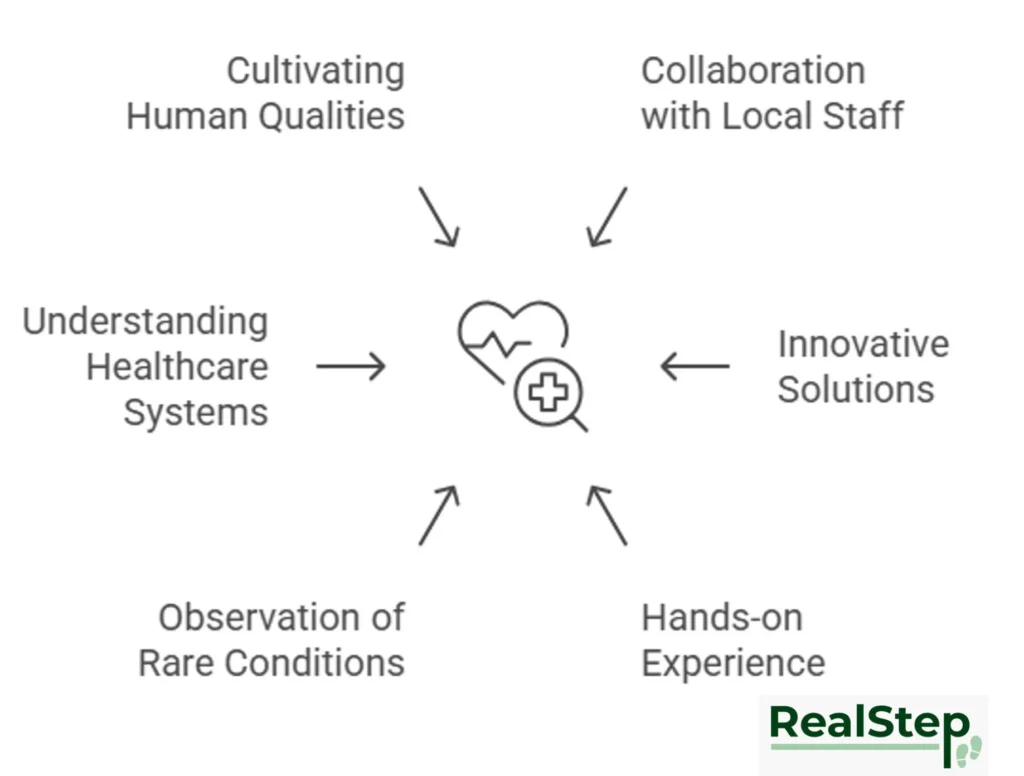
International students often collaborate with experienced doctors, nurses, and midwives who share practical know-how adapted to contexts where material resources may be limited.
For instance, in some rural hospitals, professionals must improvise or rely on innovative solutions to compensate for the lack of advanced equipment. This ability to adapt is a valuable skill for any future practitioner.
In Africa, they may actively participate in patient care: assisting with consultations, supporting vaccination campaigns, contributing to public health awareness programs, or helping in maternity services.
Students may encounter tropical diseases such as malaria, typhoid fever, or schistosomiasis, as well as public health challenges like HIV/AIDS, which remains highly prevalent in certain parts of Southern Africa.
This exposure broadens their clinical knowledge and allows them to strengthen diagnostic and treatment skills in an international setting.
In some countries, community initiatives or the central role of NGOs play a key part in healthcare delivery. Exploring these alternative models encourages students to reflect on their own systems and to develop a comparative perspective.
Some countries, such as Algeria or South Africa, have relatively well-developed public structures, while others still largely rely on local, community-based, or private initiatives to ensure access to healthcare.
According to the World Health Organization (WHO), around 50% of Africans do not have access to essential health services.
In 2021, Sub-Saharan Africa had on average only 2.3 doctors per 10,000 inhabitants, highlighting the scale of the challenge.
Inequalities are also very pronounced between urban and rural areas.
While large cities provide easier access to hospitals and clinics, rural areas often face a severe shortage of medical staff and infrastructure.
The main challenge remains the “last mile,” meaning the ability to deliver quality care to the most remote regions.
To address this, many initiatives now rely on new technologies, such as telemedicine and even drone deliveries of medicines.
The healthcare system in South Africa is divided between a public sector, which covers the majority of the population (around 70%), and a smaller but efficient and expanding private sector. The public sector suffers from chronic underfunding, difficulties in recruiting specialists, and competition from the private sector, which attracts many doctors and nurses. The private sector, meanwhile, serves only a quarter of the population but accounts for more than half of total healthcare spending and is dominated by three major hospital groups.
Private healthcare financing relies on insurance or medical schemes: there are more than 80 different schemes, but they cover only about 26% of households due to their high cost. Significant racial inequalities exist in access to these insurance plans.
In terms of health priorities, the country continues to face a heavy burden of infectious diseases (particularly HIV/AIDS, tuberculosis, and childhood diseases), while also seeing a rise in chronic illnesses (obesity, hypertension, diabetes, cancer). Violence—both road-related and criminal—also represents a major source of morbidity and mortality.
South Africa also faces a shortage of healthcare professionals: the number of medical graduates each year is insufficient to meet demand, forcing the country to recruit from abroad.

As in South Africa, Namibia’s healthcare system shows a contrast between high-quality private services and a public sector that is often overburdened and less well equipped, especially in rural areas.
Costs in private hospitals can be high, making travel and repatriation insurance essential for visitors.
Namibia also faces major public health challenges, particularly a high prevalence of tuberculosis and malaria.
The goal of our nursing internship in Namibia is to help reduce these inequalities by placing our interns in a clinic located five hours from Windhoek, serving a community of around 500 people.
You will assist the doctor in daily activities and help provide basic care to the local population. You will offer practical and technical support, take part in consultations, administrative tasks, and the clinic’s activities.
Discover our medical internship in Namibia!
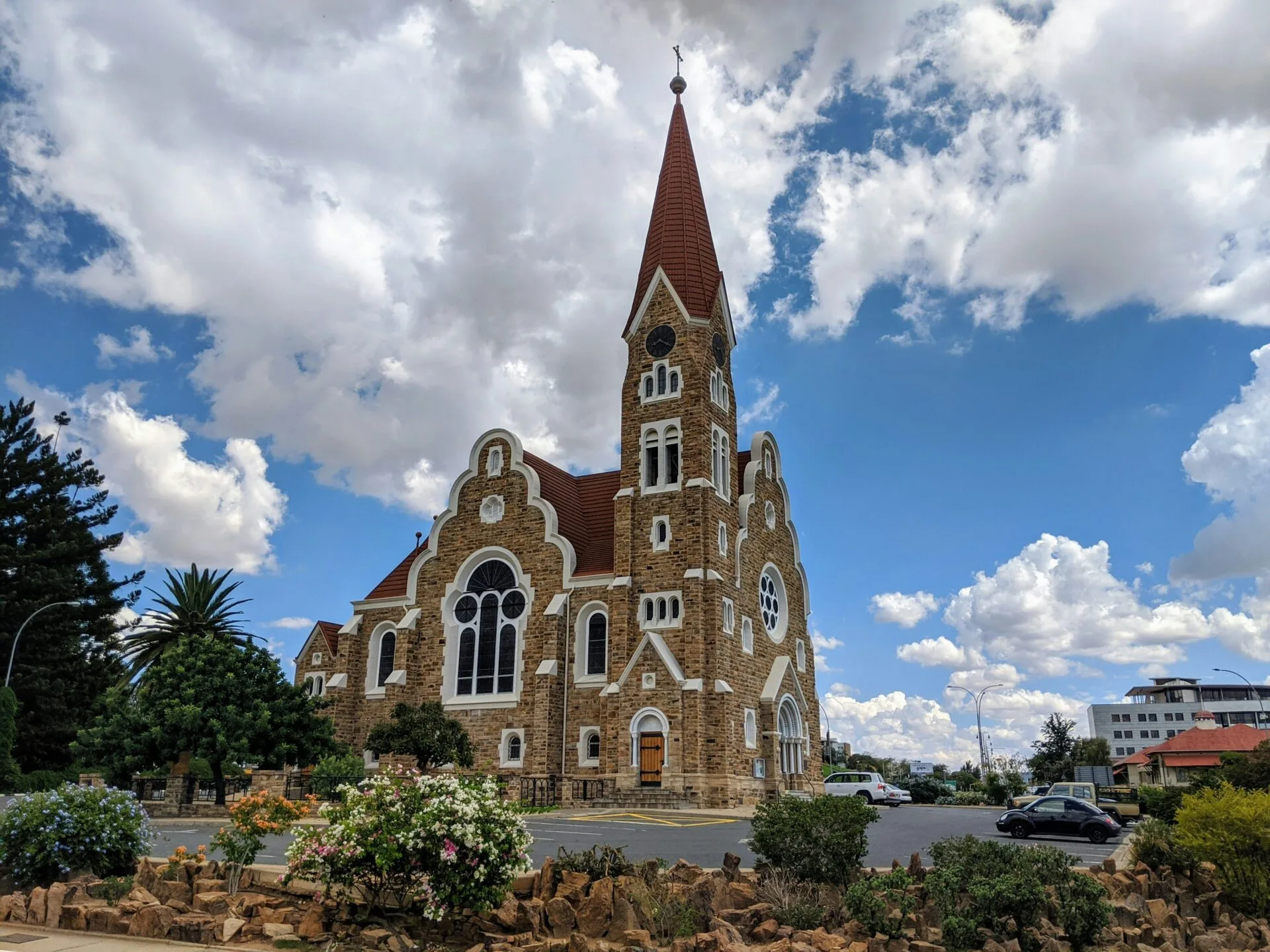
Although medical care is available, especially in tourist areas, the system is characterized by limited resources and infrastructure that does not always meet Western standards.
The medical and nursing internship we offer in Zanzibar takes place in a leading national hospital that brings together several specialties.
You will have the opportunity to learn and discover new ways of working while contributing to the health of the community.
Your tasks will primarily involve assisting the local medical staff; you may be asked to take patients’ vital signs or help with basic care procedures.
Discover our medical and nursing internship in Zanzibar!
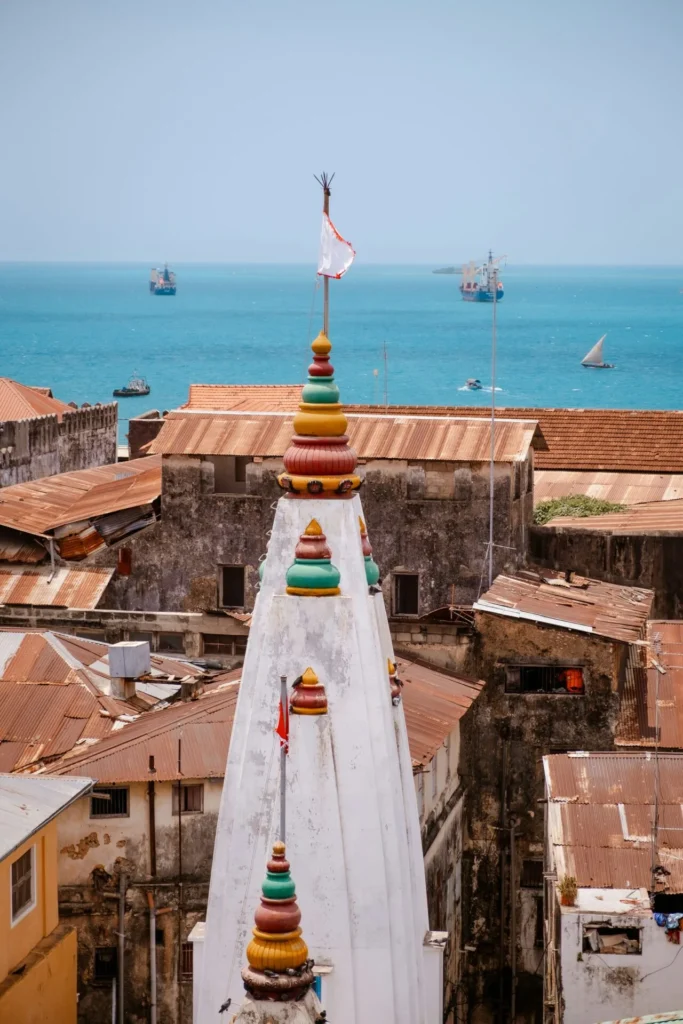
The healthcare system in Morocco also includes both a private and a public sector. The public sector provides free access to basic care, while the private sector offers more specialized services, which can be covered by mandatory health insurance.
Our medical internships in Morocco take place in Tangier and are available in a wide range of specialties.
Your role will primarily be to support the medical staff and, above all, to gain real hands-on experience in an international environment.
Discover our medical internship in Morocco!
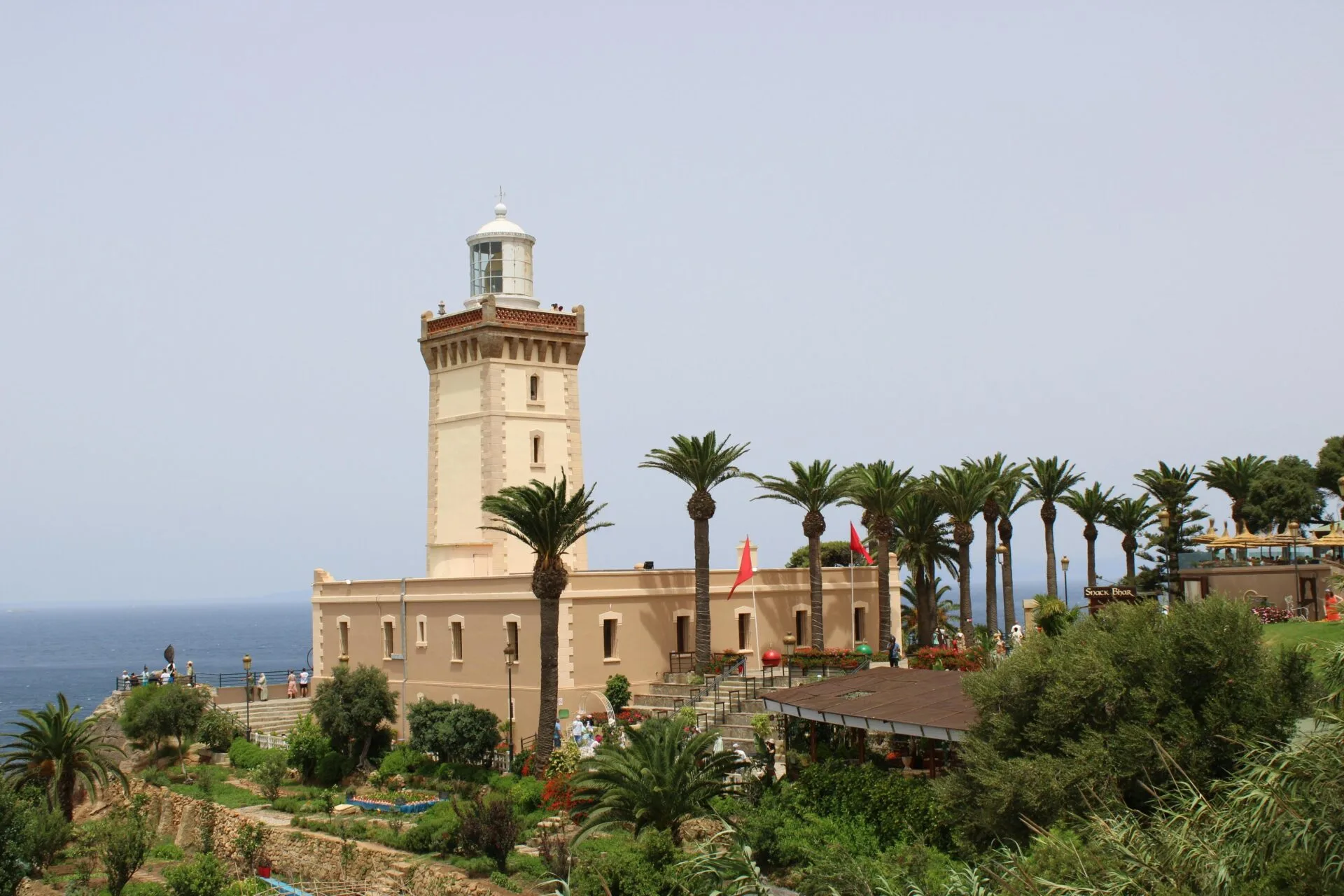
This program runs year-round in a small rural clinic located in Epukiro, a village of 500 inhabitants primarily from the San and Herero communities. Lasting between 2 and 12 weeks, it allows nursing students to gain accredited field experience while contributing to healthcare access in a region marked by extreme poverty.
The clinic cares for around 3,500 patients per year, the majority of whom are children under five. The main health issues include tuberculosis, HIV/AIDS, alcoholism, as well as common infections (fungal infections, diarrhea, malnutrition). The team also conducts activities in schools, villages, and farms, as well as a community health program to train residents in first aid.
Volunteers assist the local doctor and nurse and participate in basic care, consultations, administrative tasks, and awareness campaigns. Tasks are adapted to each participant’s level.
The internship combines medical learning, cultural immersion, and tangible impact within a vulnerable community, with local support available 24/7.
Discover our nursing internship in Namibia!
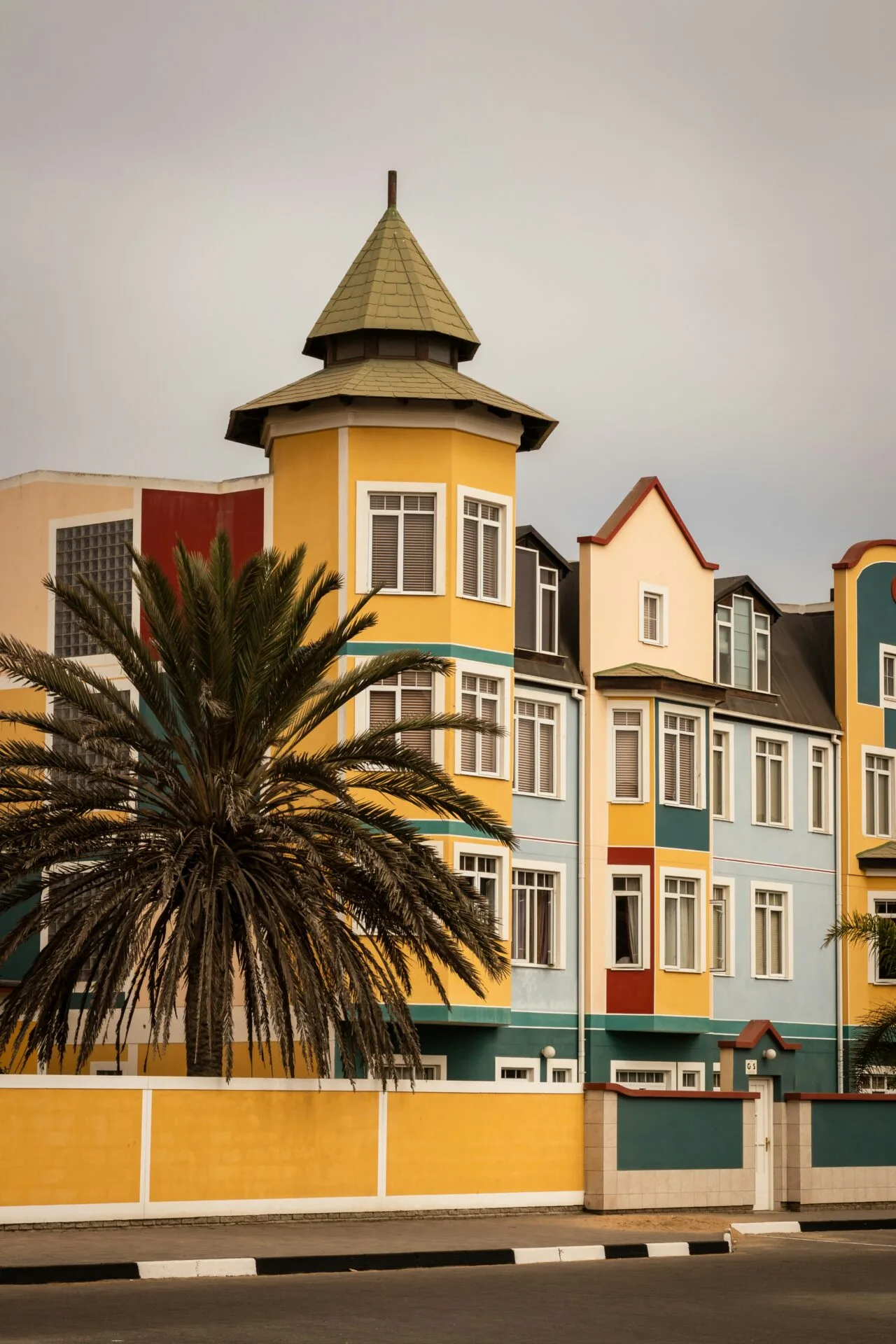
This program allows interns to work in various hospitals and health centers in the Moshi region (Mawenzi, Saint-Joseph, Pasua, Faraja in Himo, Kilema, as well as several clinics).
Volunteers assist the local medical staff in departments suited to their skills: patient reception and registration, taking vital signs, helping doctors, vaccinations, follow-up on consultations, basic care, and administrative and educational support.
Tasks evolve according to each participant’s experience and profile. You will always be supervised by a professional.
Interns also take part in awareness campaigns for children and disadvantaged communities, particularly on the prevention of HIV/AIDS, malaria, and other epidemic diseases.
Beyond the medical experience, this internship provides cultural immersion in Tanzania: participants discover the daily life and hospitality of local communities while contributing to a sustainable and supportive health project.
Discover our nursing internship in Tanzania!
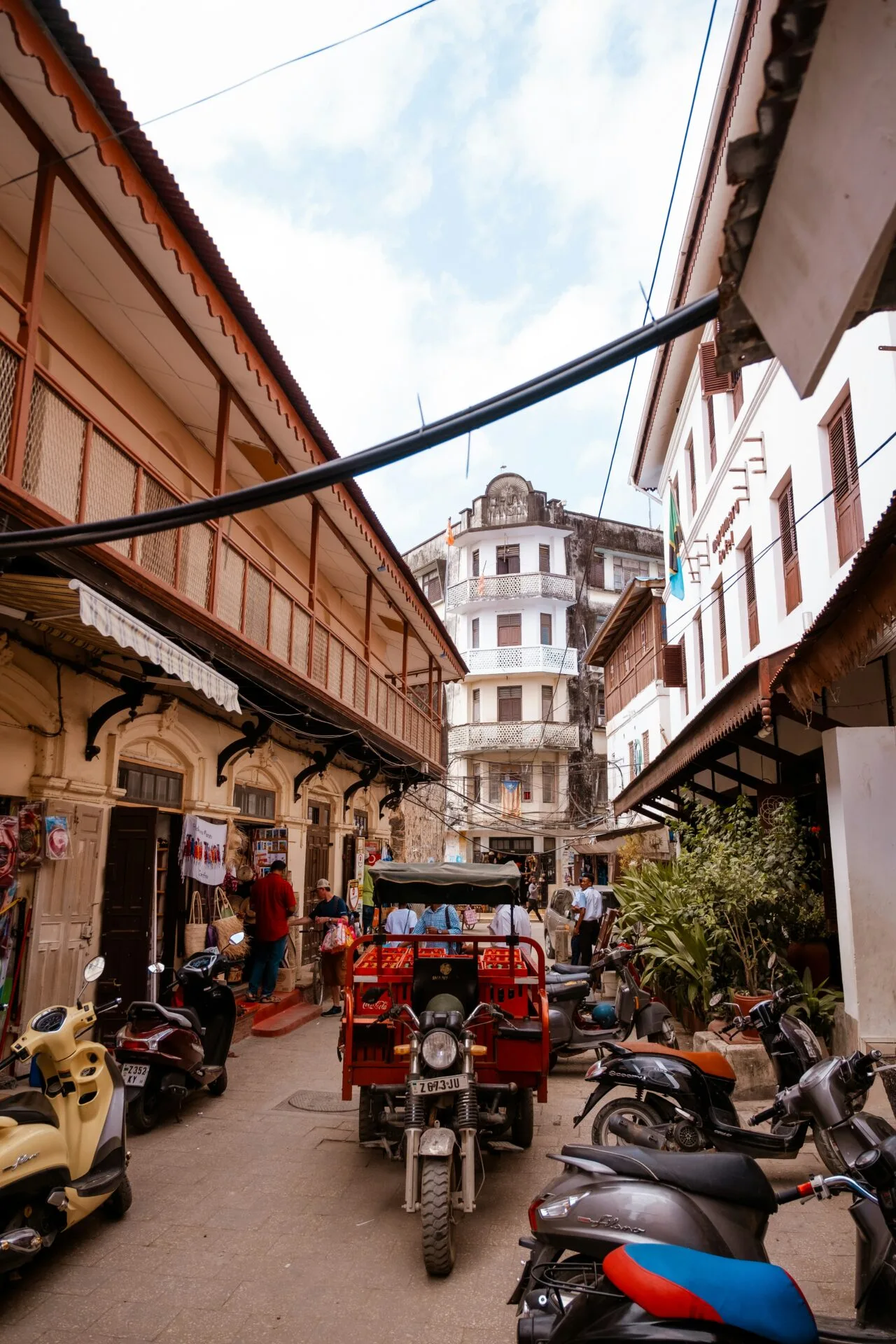
Healthcare services in Cape Verde are characterized by very limited infrastructure and medical equipment, with small health centers outside the major cities.
Private clinics also exist, but public hospitals are the main providers of emergency care.
This internship takes place in a hospital with multiple departments (emergency, laboratories, pharmacy, radiology, outpatient consultations, public health).
It offers you the opportunity to gain hands-on experience under the supervision of local staff while learning about the Cape Verdean healthcare system and the country’s culture.
Your tasks will include assisting with diagnosis and treatment, raising awareness and prevention among patients, and managing medical records. You may also collaborate with various specialists and participate in awareness campaigns.
There will be an orientation day at the start of the internship, followed by a Monday-to-Friday schedule from 9 a.m. to 4 p.m., with weekends off.
Discover our nursing internship in Cape Verde!
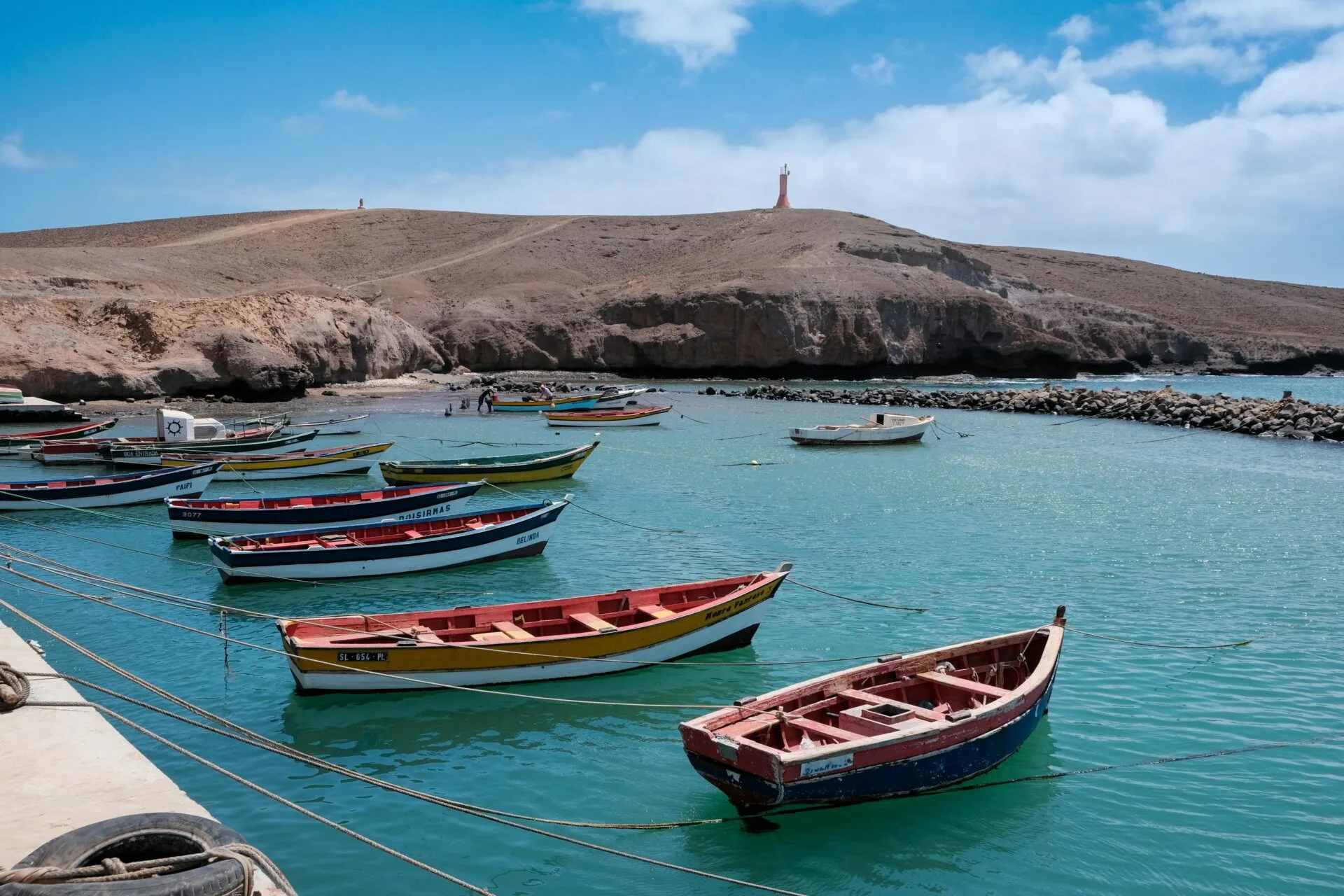
This nursing internship in Morocco is an excellent opportunity for those who want to gain international experience in a French-speaking environment.
Interns’ tasks depend entirely on their skills and experience and are defined by the applicable medical protocols.
You will never be left completely unsupervised. You will be trained in patient histories and can assist medical staff with care and conduct examinations.
Your responsibilities may increase depending on your experience, as the team leader will delegate tasks accordingly.
In terms of infrastructure, equipment, and professional qualifications of the staff, the hospital is comparable to European hospitals.
Discover our nursing internship in Morocco!
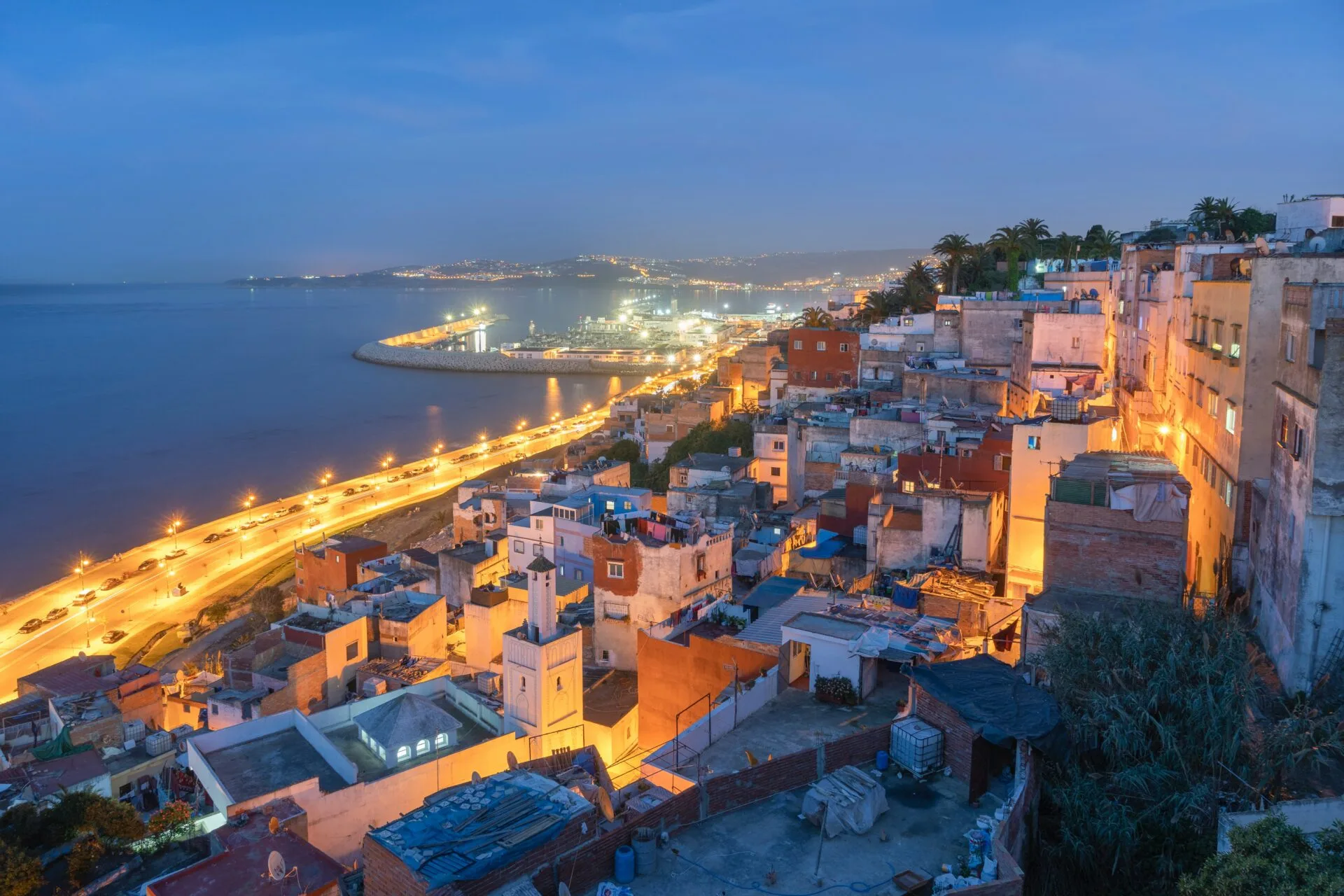
An important point to consider before committing to a medical internship in Africa is the financial aspect.
Most of these internships are unpaid: they are primarily educational experiences.
However, some local or international organizations may cover part of the costs, such as accommodation, meals, or local transportation.
Students generally need to budget for airfare, health insurance, and sometimes a contribution to the operating costs of the host facility.
Regarding working hours, most internships are full-time, with regular presence in hospitals or health centers, but some more flexible programs may offer part-time commitments.
Did you like this article ?
Share it on social media!
In this article :
Similar items
Our latest articles


